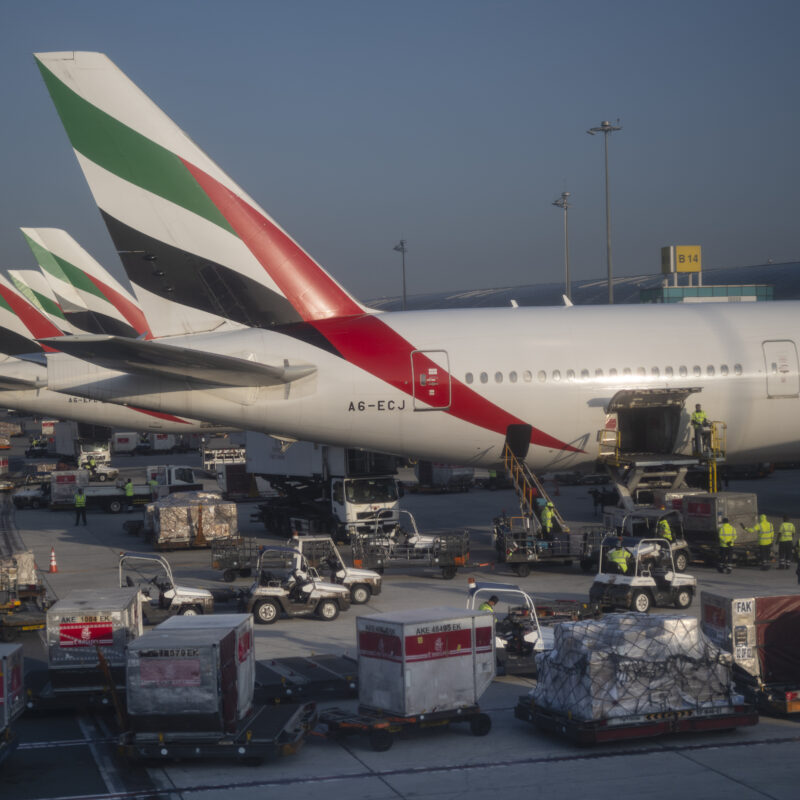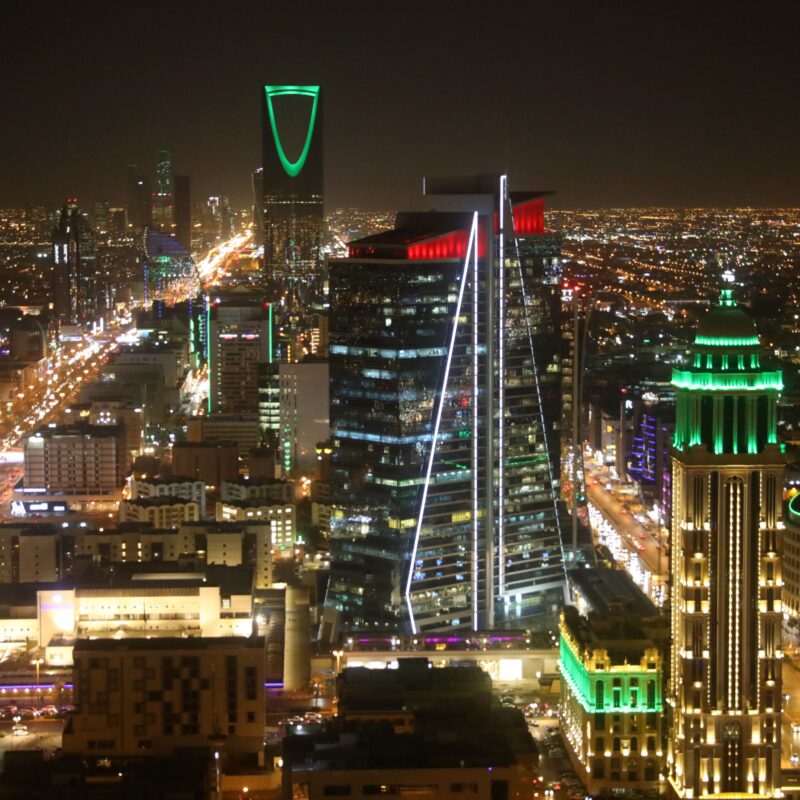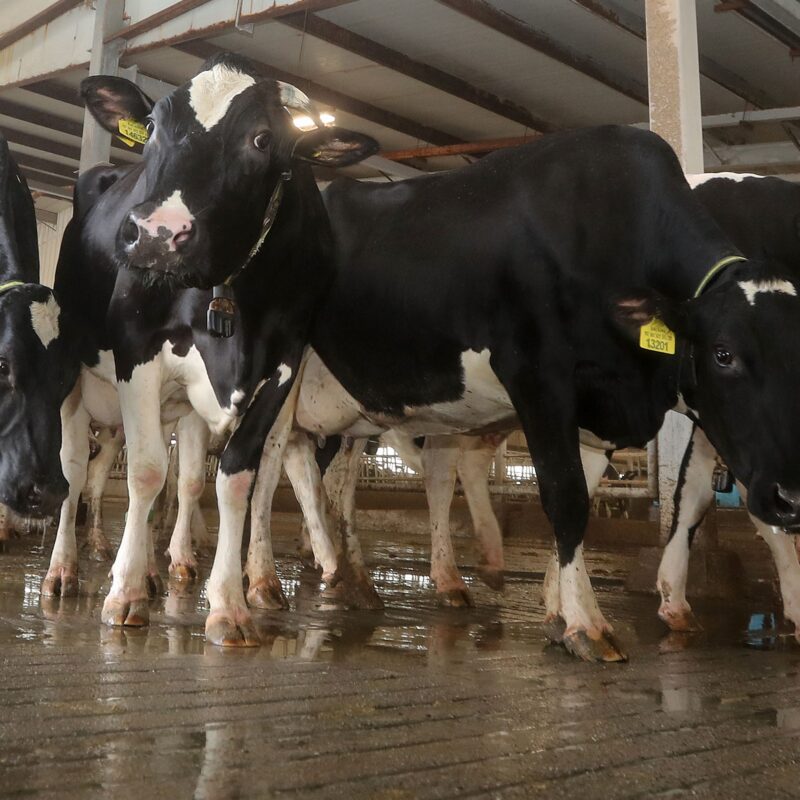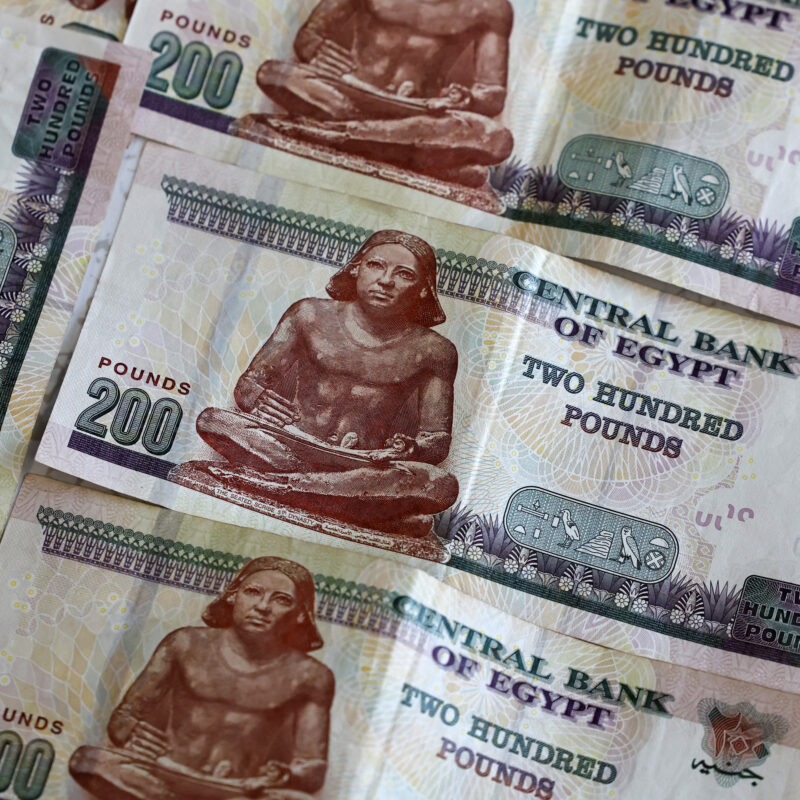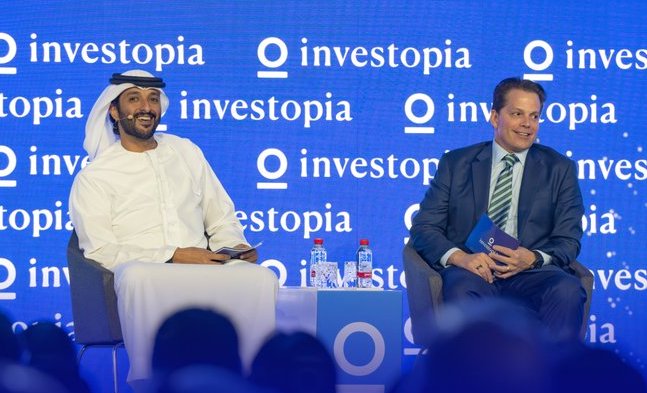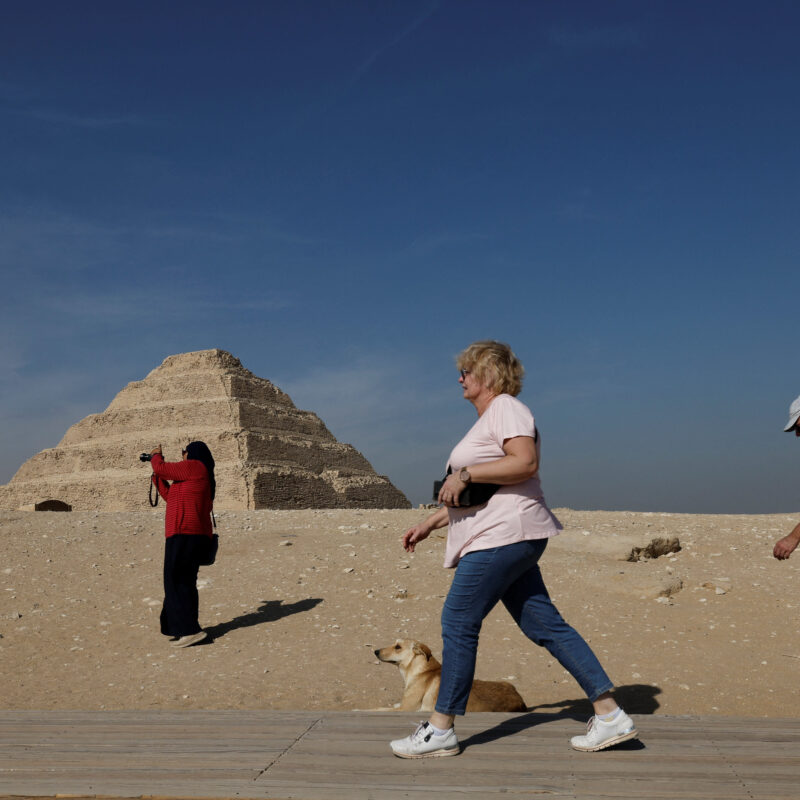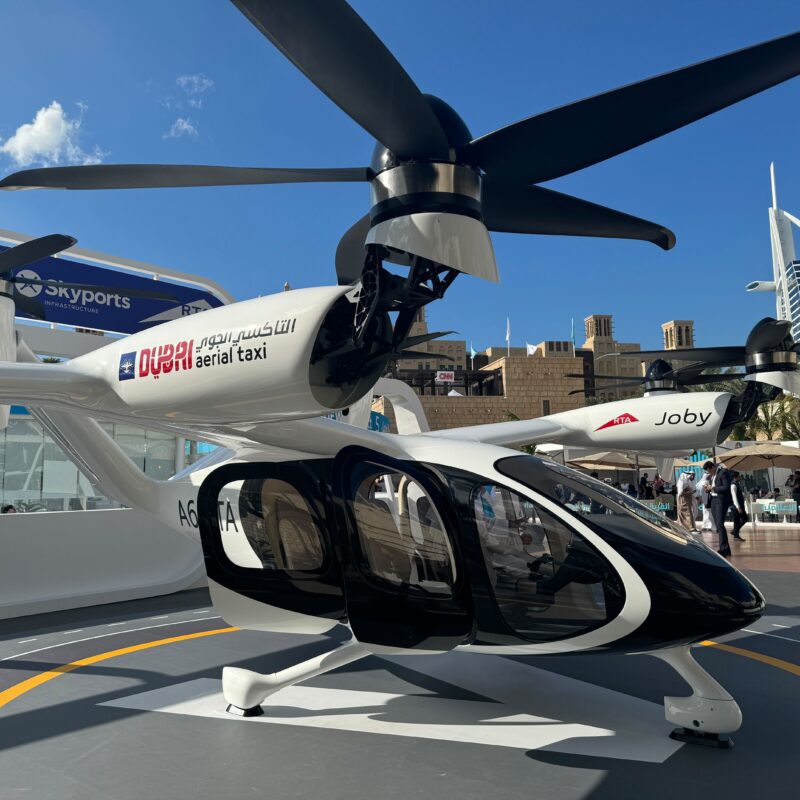The Weekly Circuit
👋 Good Monday morning in the Middle East!
The business connections that Israelis and Emiratis cultivated for years before the Abraham Accords might well be termed discreet, rather than secret. When former President Donald Trump first announced the normalization agreements his administration brokered in August 2020, much of the surprise lay in the timing of the news and the revelation that deals could finally be done in the open. That there was already lots of commercial activity below the surface was well-known, although details were deliberately left sketchy.
Among those active in the back channels between Israel and the Gulf was Abdulla Baqer, who helped guide Israeli cybersecurity companies through the challenges of Middle East markets. In an interview with The Circuit this week, Baqer, now a partner in Black Wall Global and president of the UAE-Israel Business Council, discusses the diplomatic veneer that was used – and winked at by all involved – to obscure the Israeli origins of traveling executives. With less to hide these days, he also discusses how the UAE and Bahrain are natural bridges for Israeli companies to reach out to Saudi Arabia and the broader Arab world.
While Tel Aviv travelers are still packing flights to the Gulf for desert treks and extreme-shopping adventures, government planners were hoping the normalization agreements would generate more tourism by now. To that end, Israel is promoting a series of travel packages that enables visitors from North America to spend a few days in Dubai and Abu Dhabi, in addition to roaming Jerusalem’s Old City and floating in the Dead Sea, The Circuit reports.
It’s rare that the Middle East is a source for humor in the nonstop assembly line of American TV sitcoms. This summer is an exception with the streaming of the Netflix series, “Mo,” which stars Palestinian stand-up comic Mohammed Amer and his refugee tales from Kuwait City to Houston. Details below.
Welcome to The Weekly Circuit, where we cover the Middle East through a business and cultural lens. Read on for the stories, deals and players at the top of the news. Please send comments and story tips to [email protected].
Spread the word! Invite your friends to sign up.👇
COMING OUT
UAE-Israel cyber intelligence firm grows with its perch in the Gulf
Years before the Abraham Accords enabled Emiratis and Israelis to openly run businesses together, Abdulla Baqer operated a back channel in Dubai that brought Israel’s cybersecurity expertise to the Arab world. Working with intelligence veterans in the Middle East, Asia and elsewhere, the charismatic entrepreneur helped facilitate the growing commercial ties that were poking through the longtime Arab-Israeli divide, The Circuit’s Jonathan Ferziger reports.
Tech diplomacy: Those were days when Israel’s computer startups were becoming competitive with Silicon Valley for government contracts around the world. Check Point Software Technologies and CyberArk were sensations on Wall Street and virtually every country in the world sought access to the smartphone-penetrating software made by Israel’s NSO Group. Former Prime Minister Benjamin Netanyahu, who made a groundbreaking public visit to the Sultanate of Oman in 2018, often described cyber know-how as the linchpin of Israeli diplomacy. Today, Israel is using a similar formula to strengthen ties with Saudi Arabia, the region’s biggest economy.
Setting up shop: After the Accords were signed at the White House two years ago, Baqer and his partners unveiled Black Wall Global, a firm that finds little need these days to obscure its mission of marketing Israeli technology to nations that have been reluctant to deal directly with the Jewish state. Baqer, 45, is also co-president of the UAE-Israel Business Council, through which he coaches Israelis on using the United Arab Emirates as a platform for dealing with Arab markets. “There are a lot of countries that don’t allow Israeli companies to set up shop,” Baqer told The Circuit. “They can always come to the UAE, partner with a UAE company and basically go out and be sold as an Emirati company.”
Interpol veterans: With Baqer in Dubai, Black Wall is led by a collection of Israeli intelligence veterans and computer scientists. Chairman Asher Ben Artzi worked for 34 years in Israel’s Shin Bet internal security agency and its National Police force, becoming director of the Israeli branch of Interpol, the International Criminal Police Organization. Khoo Boon Hui, who was president of Interpol after retiring as Singapore’s police commissioner, is Black Wall’s honorary president.
Drone deals: Black Wall is one of the smaller Israeli-led companies that have prospered in the new atmosphere of normalized relations with the Gulf states. The biggest deal between the Emirates and Israel has been Delek Drilling’s $1 billion sale last year of its stake in an offshore Mediterranean gas field to the UAE’s Mubadala Petroleum. State-owned Israel Aerospace Industries has signed drone-development deals with Edge Group, a government-owned defense company in the UAE. And OurCrowd, a Jerusalem-based venture capital investment platform, set up a subsidiary in the UAE and last November became the first Israeli VC registered by the Abu Dhabi Global Market to operate in the country.
Read the full story here.
BETTER TOGETHER
Two years after Abraham Accords, Israel promotes joint travel packages with UAE
Planning a trip to Israel but already familiar with all the most-visited holy sites and tourist attractions? Now, veteran and new visitors to the country can add a once-unthinkable dimension to their trip: an additional stop in Dubai or Abu Dhabi in the United Arab Emirates.
Ramping up: Taking advantage of the warmed ties brought on by the Abraham Accords – and the short three-hour flight from Tel Aviv to the Gulf – Israel’s Ministry of Tourism announced last week that it is ramping up its marketing to U.S. tourists of two-country travel packages to Israel and the UAE, with a focus on luring the Jewish community. Boosting tourism was named as an explicit goal in efforts to advance political and economic cooperation between the countries party to the September 2020 normalization agreements.
Post-pandemic: Over the past two years, despite the COVID-19 pandemic, Israeli tourists have flocked not just to the UAE, but also to Bahrain and Morocco. “The Abraham Accords opened a new scope and a new opportunity that helps us to galvanize our relationships in the region, and an aspect of that is also the option to have tourism packages together,” Kobby Barda, deputy general director of Israel’s Tourism Ministry, told The Circuit.
More options: Barda said the concept of visiting Israel and the UAE during one combined trip would especially benefit U.S. tourists because, he noted, most transatlantic visitors spend more days traveling to the region than travelers coming from Europe because the journey takes longer. “It’s like if we [Israelis] visit the United States and decide to travel between the East Coast and West Coast or something of that nature,” Barda pointed out. “It just gives tourists wider leisure and travel options.”
Read the full story here.
Circuit Chatter
Hot Spot: Saudi Arabia plans to spend $1 trillion over the next decade to turn the desert kingdom into a mass-market tourist destination, The Wall Street Journal reports.
Scaling Up: Abu Dhabi’s Hub71 picked 16 companies to join a two-year program that offers financial support and connections to help scale up their businesses.
Securing the Cloud: Amazon Web Services launched its second Middle East cloud region in the UAE, improving data security and pumping funds into the economy. Microsoft, meanwhile, opened its first cloud data center region in Qatar.
Greener Thoughts: The Global Carbon Capture and Storage Institute, a think tank focused on energy and the environment, opened its Mideast headquarters in Abu Dhabi’s Masdar City.
Grounded in Iraq: UAE airlines Flydubai and Emirates canceled flights to and from Baghdad amid an escalation in violent clashes in the Iraqi capital.
Hospital Care: Pure Health, the UAE’s largest health care group, will invest $500 million in Ardent Health Services, the fourth-largest privately held U.S. operator of acute-care hospitals.
Closing Circuit
Growth Leader: Saudi Arabia’s GDP growth is on track to reach 7.5% for 2022, making it the fastest-growing economy in the world, according to the Economist Intelligence Unit.
Fish Business: Israel’s Mermade Seafoods, which makes scallops from stem cells, raised $3.3 million in a seed financing round from Investors including OurCrowd, Fall Line and Sake Bosch.
Thermal Imaging: Israel’s Opgal adapted thermal imaging technology previously employed for Israeli military purposes to be used in heart surgery, diabetic foot treatment and respiratory monitoring at Israel’s largest hospital, Sheba Medical Center.
Heat Test: Tesla brought field-quality engineers to Dubai to test its latest electric vehicles for extreme heat and durability, with temperatures reaching 50°C (122°F).
EV Production: Saudi-backed electric vehicle maker Lucid will seek to raise $8 billion to increase production of its luxury cars.
Carrefour Conversion: Israel’s Yeinot Bitan will convert its stores to carry the Carrefour brand as the French company becomes the first international supermarket chain to operate in Israel.
On the Circuit
Gautam Adani, the Indian billionaire who bought Israel’s Haifa Port in July, was ranked as the world’s third wealthiest man, with a net worth of $137 billion.
Gerald Livnat was named head of Rothschild & Co.’s new representative office in Israel for its Wealth Management business. Livnat previously held a similar post for UBS.
Jamal Al Dhaheri was appointed chief executive of Abu Dhabi Airports, replacing Shareef Hashim Al Hashmi. He was previously head of Senaat.
Beny Steinmetz, the Israeli diamond trader, appeared in a Swiss court to appeal his conviction on bribery and fraud charges involving iron ore mines in Guinea.
Kay French, former Bank of America managing director, was hired as an adviser to Abu Dhabi Securities Exchange Chairman Hisham Khalid Tawfiq Abdulkhaliq Malak.
Ahead on the Circuit
Sept. 5-6, Jerusalem: AgroMoshav. Annual Israeli agriculture conference brings together farmers, investors, government officials, agri-tech companies. Jerusalem International Conference Center.
Sept. 7, Riyadh: The 2022 Euromoney Saudi Arabia Conference. Exploring the latest trends in the regional and global financial markets. Al Faisaliah Hotel.
Sept. 13, Jerusalem: Greentech, Gathering of leaders from government, industry, NGOs and academia to discuss environmental technologies. Ramada Hotel.
Sept. 14-15, New York: “Mind the Tech 2022” conference, sponsored by the Israeli-based Calcalist financial news site and Bank Leumi, brings Israeli tech industry leaders and investors to New York. Apella Alexandria conference center.
Sept. 28-29, Dubai: World Green Economy Summit. Dubai Electricity and Water Authority hosts environmental conference with the World Green Economy Organization. Dubai World Trade Centre.
Oct. 1, The UAE’s Dubai Expo, which concluded its six-month run in March, reopens under the name Expo City as a permanent conference and entertainment venue.
Culture Circuit
Defending Hummus: A Palestinian stand-up comedian whose family fled Kuwait City in the days of Saddam Hussein and settled in Houston is a surprise summer hit on Netflix. The eight-episode, autobiographical TV series titled “Mo” conveys the painful life experiences of refugee comic Mohammed Amer, its co-creator and star, but with a light touch. Mo is infuriated virtually every day by the political stalemates and bureaucratic delays that meant it took 20 years for his family to receive U.S. citizenship. What truly gets to him, though, is the supermarket clerk who offers a free sample of chocolate hummus, which he calls an insult to his Palestinian grandmother who made the traditional chickpea dish with olive oil she squeezed herself. When he introduces himself as Palestinian and a Texan farmhand responds, “Shalom,” he calls it a “branding issue.” The series has received enthusiastic reviews from critics in the U.S., Europe and the Middle East. Netflix hasn’t said yet whether it will be renewed for a second season.

